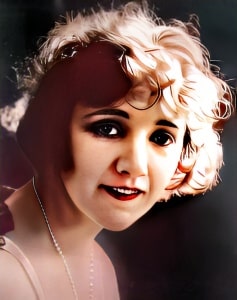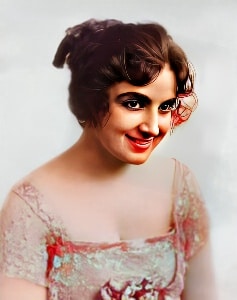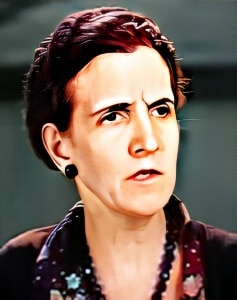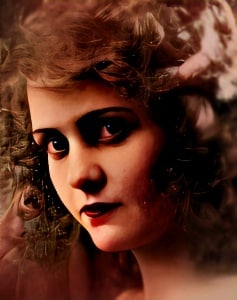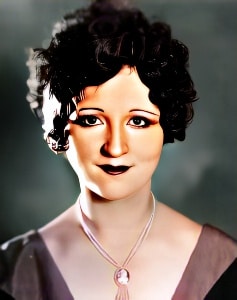 Julia Faye, born on September 24, 1893, in Richmond, Virginia, was an American actress who left an indelible mark on the early days of Hollywood.
Julia Faye, born on September 24, 1893, in Richmond, Virginia, was an American actress who left an indelible mark on the early days of Hollywood.
She was known for her versatility as an actress and her longstanding collaboration with the legendary film director Cecil B. DeMille.
Faye’s acting career began in the silent film era, during a time when the fledgling film industry was rapidly evolving. Her first film appearance came in 1915 when she was cast in “The Warrens of Virginia.” From that point onward, she became a familiar face on the silver screen, known for her talent, beauty, and charisma.
One of Julia Faye’s most significant collaborations was with Cecil B. DeMille, one of the pioneers of American cinema. She appeared in numerous DeMille-directed films, forging a strong professional relationship with him. Her role in the 1917 film “The Woman God Forgot” was the beginning of a long and fruitful association with DeMille. Over the years, she continued to work with him in various capacities, becoming an integral part of his filmmaking team.
Faye’s career coincided with the transition from silent films to the era of sound, and she adeptly adapted to the new medium. Her acting talents were not confined to a single genre or style; she was equally at ease in dramatic roles as well as comedies. This versatility made her a valuable asset in an industry that was undergoing rapid changes.
One of her most memorable performances was in the 1923 silent film “ The Ten Commandments,” directed by Cecil B. DeMille. Faye played a key role in this biblical epic, which was renowned for its grandeur and special effects. Her portrayal of a princess in the ancient Egyptian setting showcased her ability to embody characters from various historical periods.
Julia Faye’s on-screen presence was complemented by her dedication to her craft and her professionalism. She was known for her commitment to her roles, often going to great lengths to prepare and understand the characters she portrayed.
In addition to her work with DeMille, Faye appeared in films directed by other prominent directors, expanding her repertoire and earning critical acclaim. Her performances were marked by an ability to convey depth of emotion and nuance in her characters, which was especially impressive given the limited means of expression available to actors in the silent film era.
As the film industry continued to evolve, Julia Faye remained an enduring figure. Her transition to sound films was successful, and she continued to act in a variety of roles, further showcasing her adaptability as an actress.
Beyond her acting career, Faye also delved into radio work, expanding her presence in the world of entertainment. Her distinctive voice, honed through years of acting, served her well in this new medium.
Julia Faye’s private life was characterized by her strong work ethic and dedication to her craft. She was married twice but remained largely focused on her career, becoming a respected and admired figure in the industry.
Faye continued to act in films and on television well into the 1950s, leaving an enduring legacy in the history of American cinema. Her contributions to the early days of Hollywood, her enduring collaboration with Cecil B. DeMille, and her ability to adapt to the changing landscape of the film industry solidified her place as a significant figure in the world of entertainment.
Julia Faye passed away on April 6, 1966, in Los Angeles, California, leaving behind a body of work that continues to be celebrated by those who appreciate the history of film and the enduring impact of pioneering actors in the early years of Hollywood.
Loading live eBay listings...

